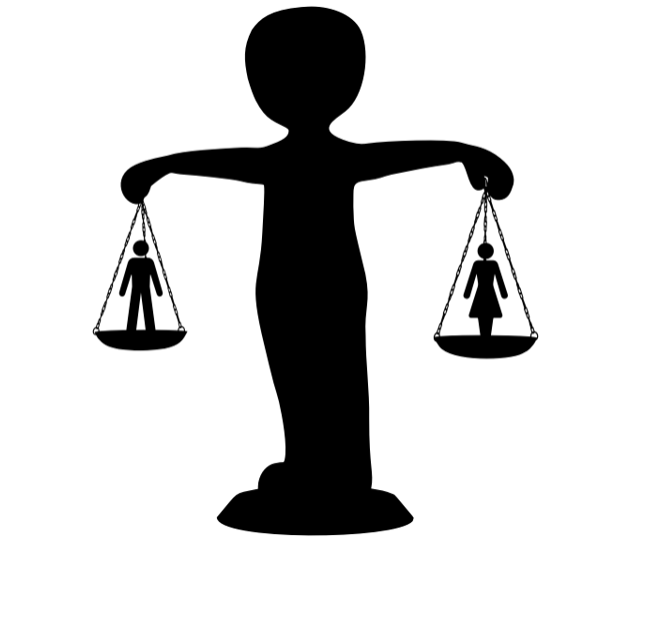Date: Wednesday 19th August 2020
Time: 15:00-15:45
Venue: Bergen Global, Jekteviksbakken 31
#BeEx2020
Zoom link: https://uib.zoom.us/j/66768456207?pwd=U3ZkYmJmdVJiaVltVW4wbFhkUW5YZz09
In her Keynote on “Gender (In) Equality and the Law”, Jayna Kothari will present critically on some of the recent constitutional developments on gender (in) equality in India. In the last decade, the Indian Supreme Court has been seen as leading the path on gender equality with its progressive judgments. It broadened the interpretation of discrimination on the grounds of “sex” under Article 15 of the Constitution to include not just discrimination on the basis of sex, but also on the basis of sexual orientation, gender identity and sex stereotypes. Despite these leaps, she argues that the jurisprudence of the Court has been selective by passing progressive judgments in cases where is no threat to the status quo. In situations where questions of women’s equality are pitted against religious personal laws, or within institutions such as marriage and the family, the Court has not passed very progressive judgments or decisions are not made on the grounds of gender equality at all. In her analysis she argues for a way forward for the Supreme Court to take on difficult questions if it is serious about gender equality.
Comments by Liv Tønnessen (CMI) and Henriette Sinding Aasen (UiB).
Jayna Kothari is a Senior Advocate and practices in the Supreme Court of India. She is Executive Director, Centre for Law and Policy Research. She graduated from University Law College with a B.A. LL.B degree and read the BCL at Oxford University. Jayna’s research and practice interests include constitutional law, gender and sexuality law, disability rights and discrimination law. She had argued in the Supreme Court in the recent constitutional challenges to Section 377 of the Indian Penal Code and adultery which were both decriminalized. She also argued the Independent Thought case in which the Supreme Court recognized child marital rape as a criminal offence. Her book, “The Future of Disability Law in India” was published in 2012 by Oxford University Press.
This event is part of the Bergen Exchanges on Law and Social Transformation. It is free and open to all. Please note that according to corona virus regulations all participants must keep a distance of at least one metre from each other and maintain good hand hygiene. Your name and phone number will be registered and kept for 10 days. If you have any respiratory tract symptoms you should stay at home.
According to the infection control measures, we need to have an overview of who is present at all times and thus kindly ask all who plans to participate to sign up beforehand via this link.
Seating is limited, so first come, first served.
Photo: https://freesvg.org/gender-equality-justice-scales, Gender Equality Justice Scales, Public Domain

